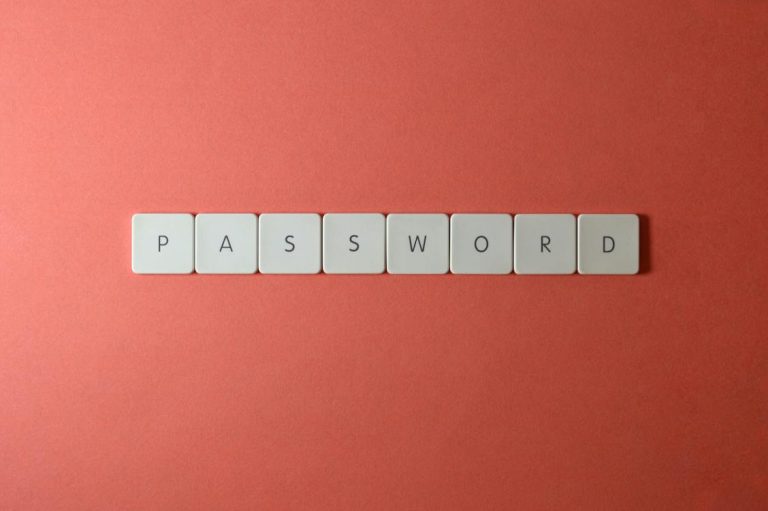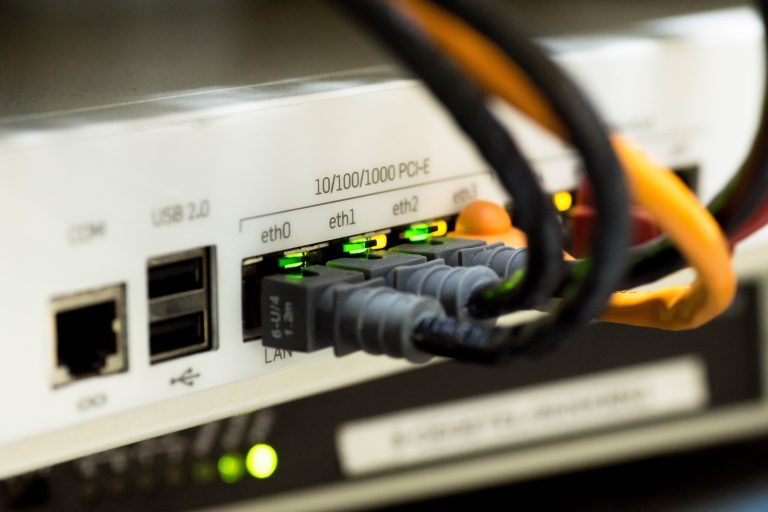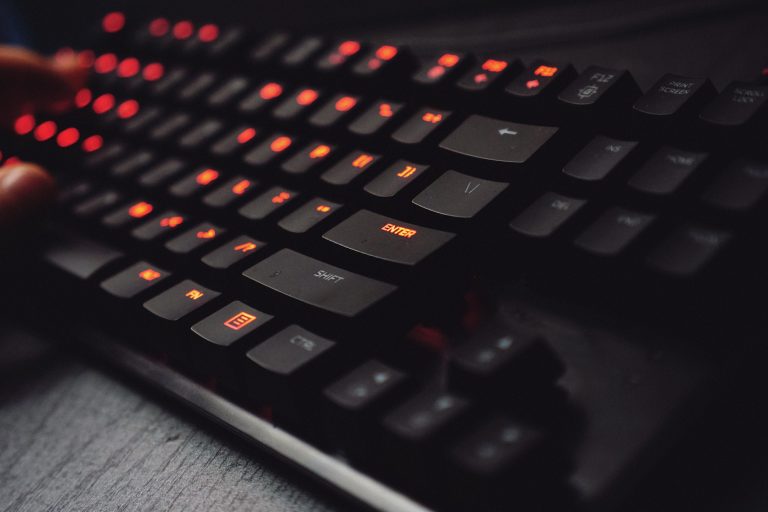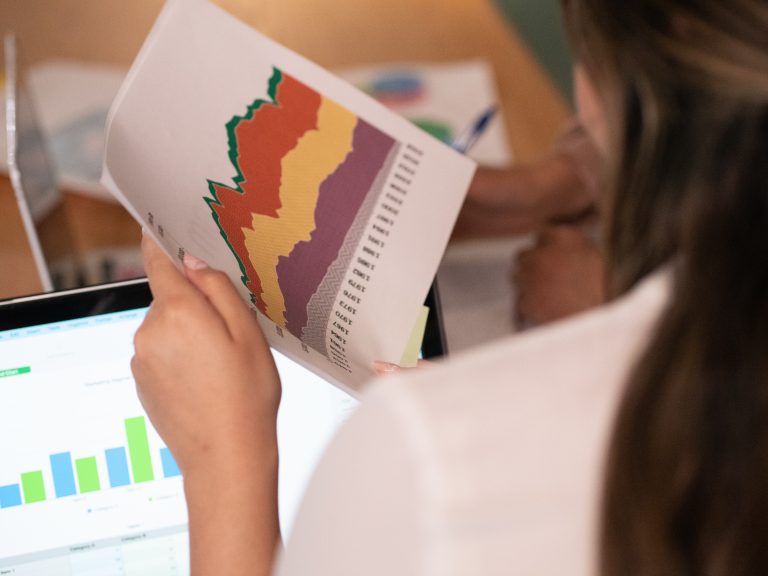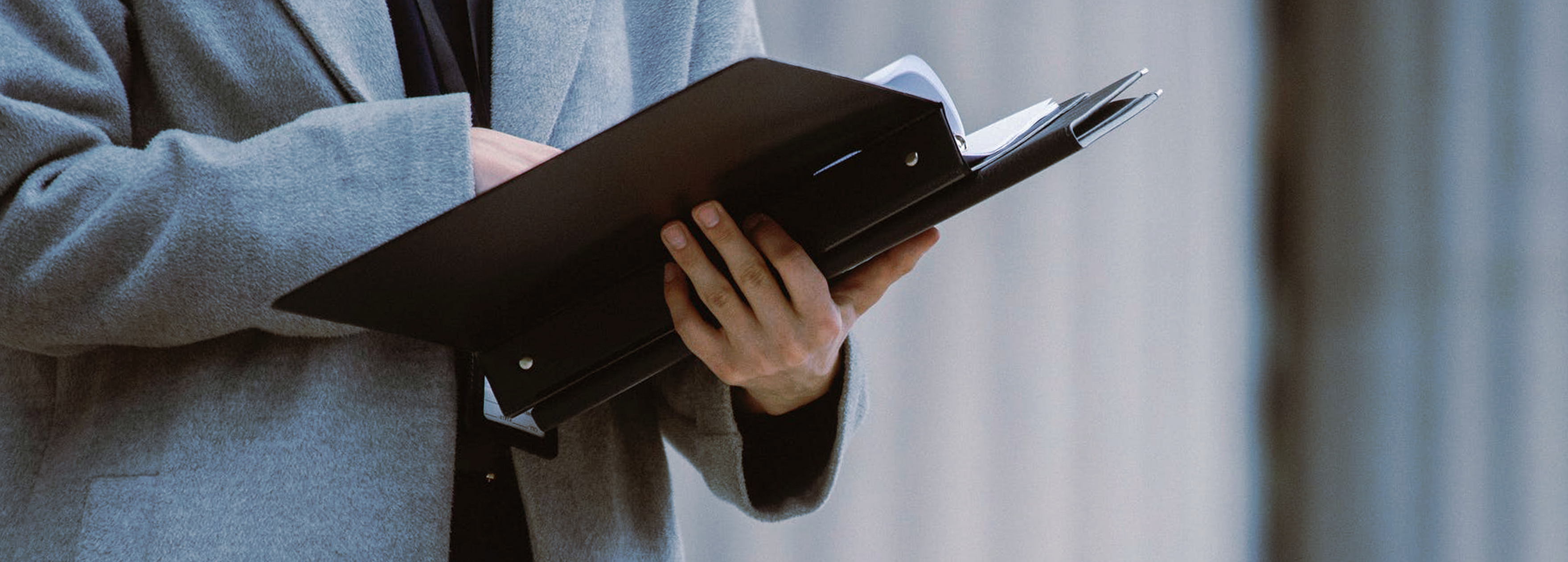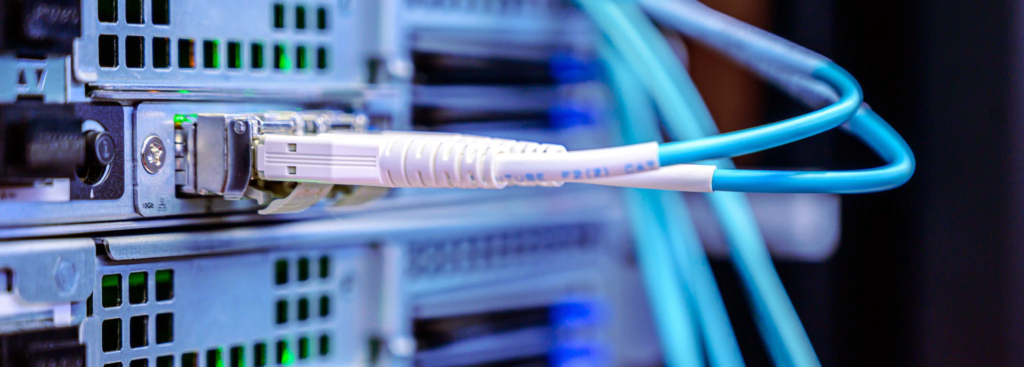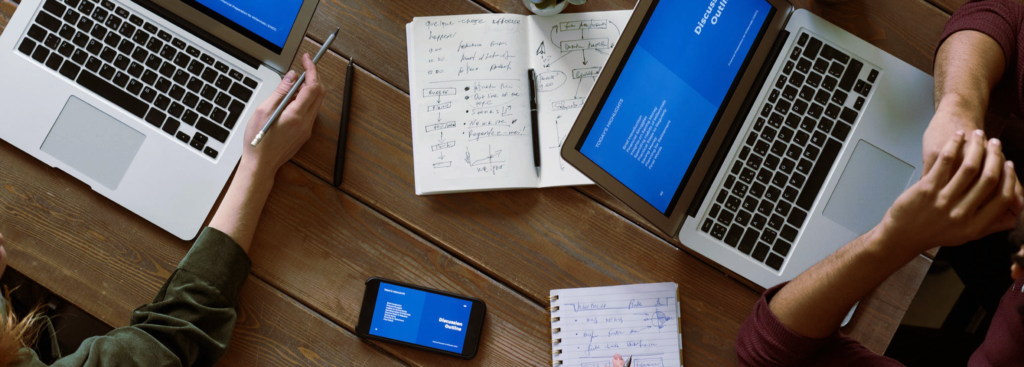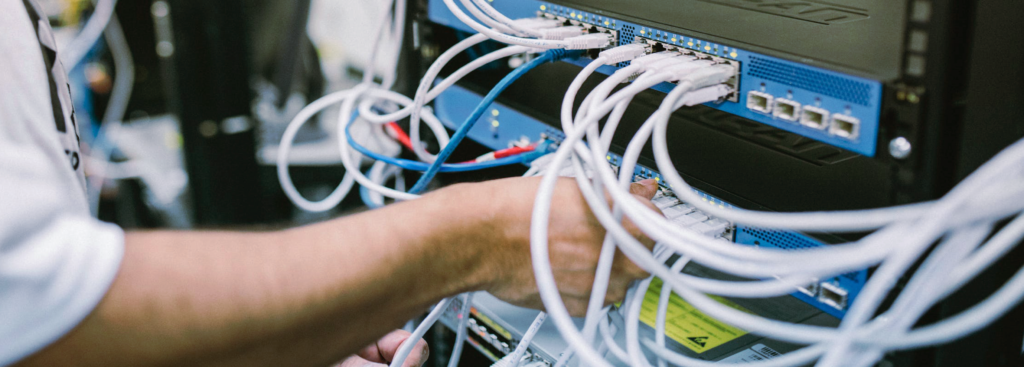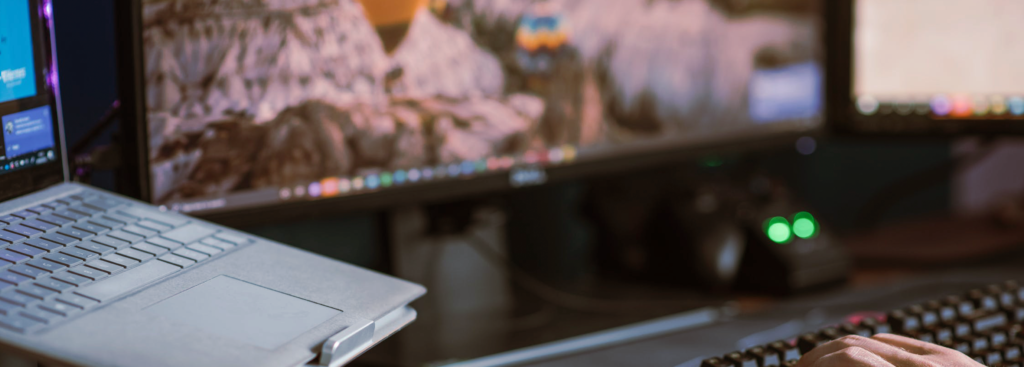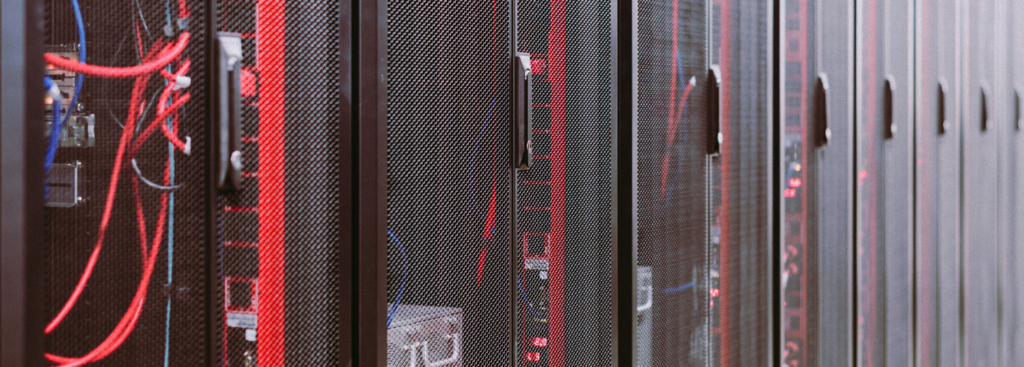Changing how we work
Have you stopped to consider how our desk has completely changed over the last few years? Although we may not be at the ideal of a completely paperless office, our desks have definitely changed considerably thanks to developments in digital technology.
Your desk in Apps: A Guide
Imagine what your desk used to look like 2 years ago, 5 years ago, 10 years ago and beyond. Then take a look below at how much of our desk has become digitalised, without us even really realising:
-
Business Cards:
These are often replaced by using apps such as LinkedIn, which allow you to connect with people online.
-
Calendar or Diary:
This has been replaced by apps such as Google Calendar or Outlook’s calendar feature. You can even go one step further and share group calendars where you can see when your colleagues are available.
-
Noticeboard:
Instead of pinning things on a notice board, you can now take all of your important information with you in the form of a Pinterest app.
-
Desk Phones:
Although many of us now use a mobile phone at work, there are also many apps that make communication with people even easier. The Skype app is a perfect example, which not only allows us to have a voice call, but also a video call. This helps us to improve communication with colleagues and clients, wherever they are in the world.
-
Address Book:
Very few of us now carry around an address book. Now we can easily store names and addresses on our mobile. This can easily be synced to all of our other devices quickly and easily, so we can access this information from anywhere.
-
Note Book:
If you’re always taking notes in meetings or want to make sure you don’t forget something, instead of carrying a note book around, apps like Evernote and Office 365 are the perfect replacement. It also makes it easy to share these notes with other people, helping to improve collaboration within the business.
-
Newspaper:
Instead of reading a newspaper to stay up-to-date, we now read online. There are a number of apps for individual news sites, however, there are also a range of apps such as Feedly and Flipboard which pull together news and information from a range of different sources.
-
Books:
If you like to keep up with your industry, instead of carrying a heavy book around with you, mobile devices can now be used instead. This is perfect if you are travelling, as you can simply load your eBook app and start reading via your Smartphone or tablet.
-
Letters:
Instead of sending our colleagues printed letters, we use email. Although this isn’t new, with apps like Outlook it’s easier than ever to keep on top of mail.
-
Documents:
Writing documents are no longer just something for writing by hand or on a desktop PC. Microsoft Office now has their own app, so you can access this software from your mobile and tablet. Or, try Google Docs which allows you to easily store your documents within the cloud.
-
Filing Cabinet:
Under your desk, you probably have a filing cabinet with printed documents. If you don’t have the space on your computer hard drive, it’s now easy to store documents within the cloud. With popular apps such as DropBox, you are able to save and retrieve documents right from your mobile device.
Communications and devices
From the list above, it is clear that devices have changed the way we work considerably. Although the primary purpose for mobile devices is communication, they’re now being used for organisation, collaboration and much more.
Although this means we have access to everything at all times, it does put a lot of responsibility on our devices. If a problem happens or it gets broken, lost or stolen, do we have a backup plan? As a user, it’s more important than ever to look after our devices. But as a business, make sure there’s a strategy in place to deal with situations like this. Also, ensure data is all backed up to a central location.
Interested in how we can help your business implement these tips? Contact Saxons today.



